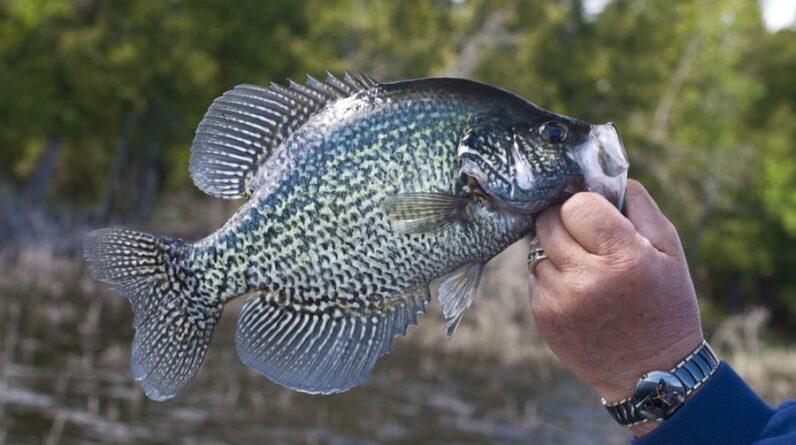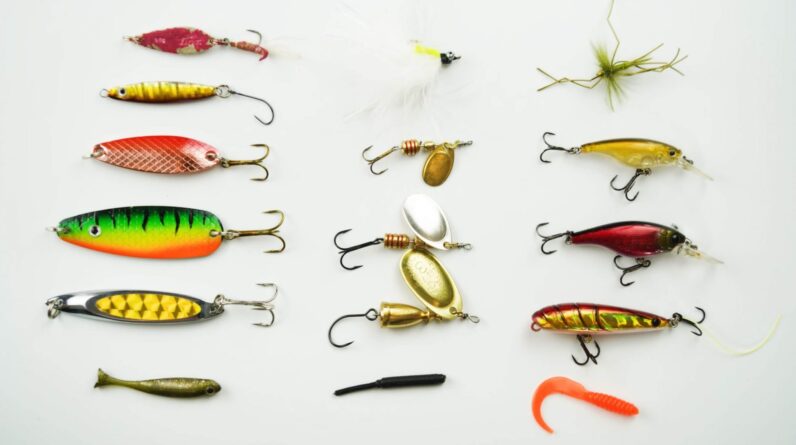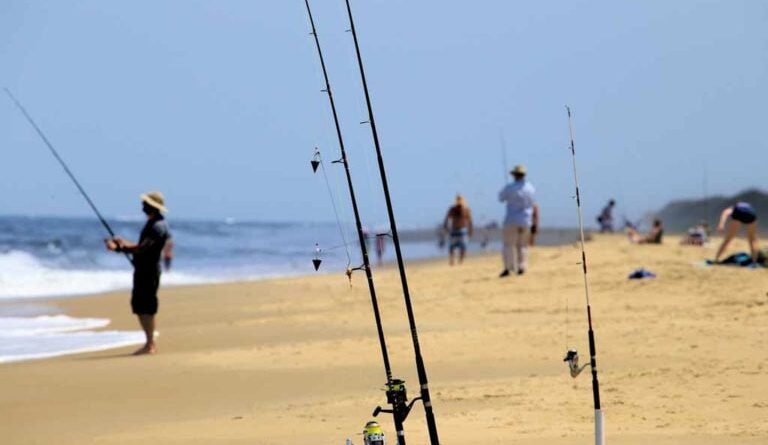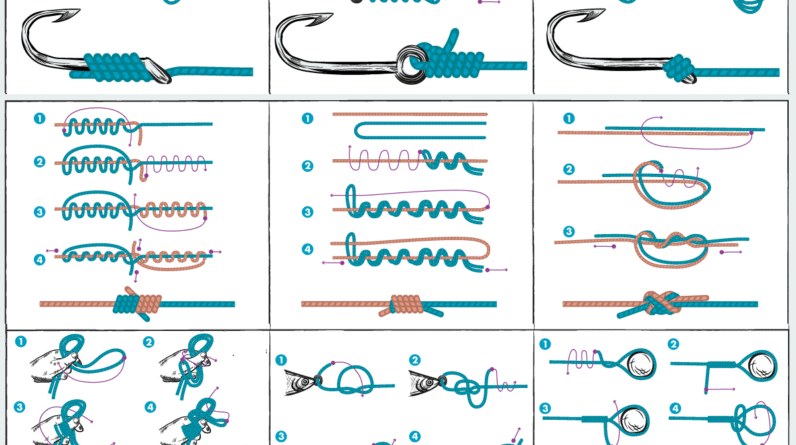Fishing is a time-honored pastime that offers a unique blend of relaxation, excitement, and a deep connection to nature. Whether you are brand new to fishing or seeking to enhance your angling skills, there are fundamental principles and techniques that can help you become a more successful angler. In this Fishing Guide Blog, we’ll explore the top 10 fishing tips designed for novice anglers, offering valuable insights to improve your fishing experience.
- Choose the Right Equipment
Selecting the right fishing gear is the first step on your angling journey. The type of fishing you plan to do will determine your equipment requirements. For freshwater fishing, a basic rod and reel combo with the appropriate fishing line for your target species is a solid starting point. If you’re venturing into saltwater fishing, you’ll need specialized equipment capable of withstanding the harsh marine environment.
- Learn to Knot-Tying
Tying strong and reliable knots is an essential skill for any angler. Poorly tied knots can lead to lost catches, so it’s crucial to learn basic knots like the improved clinch knot and loop knot. Mastering these knots will give you the confidence to handle your gear effectively.
- Understand Local Regulations
Before you embark on a fishing adventure, take the time to research and understand the fishing regulations specific to your area. These regulations often include catch limits, size restrictions, and designated fishing seasons. Abiding by local fishing rules is essential to maintain the health of fish populations and preserve the environment.
- Fishing Licenses and Permits
In most places, you’ll need a fishing license or permit to fish legally. Acquiring the necessary permits ensures that you’re fishing within the bounds of the law and contributing to conservation efforts. Fishing licenses often serve as a way to give back to the environment that provides us with this enjoyable pastime.
- Learn the Basics of Fish Behavior
Understanding fish behavior is a key element in successful fishing. Factors like water temperature, weather conditions, and the availability of food influence fish. Learning about the behavior of your target species can help you predict where they are likely to be at different times of the day and year. This knowledge can significantly improve your success rate.
- Master Casting Techniques
Casting is an essential skill that every angler should strive to improve. Regularly practicing different casting techniques will help you achieve greater accuracy and distance. Two common casting methods include the overhead cast and the sidearm cast. The more you practice, the better you’ll become at presenting your bait or lure precisely where you want it.
- Use the Right Bait
Selecting the appropriate bait is critical for attracting fish. Different species have varying preferences for live bait, artificial lures, or even flies. Research what bait works best for your target fish, and don’t be afraid to experiment with different options. Understanding the local baitfish and their preferences is vital, as fish are often more inclined to take something they are accustomed to seeing in their environment.
- Be Patient
Fishing often tests your patience. Not every outing results in a bountiful catch, and that’s perfectly normal. The key is to stay patient, enjoy the experience, and learn from each trip. The thrill of reeling in a fish makes the wait worthwhile, and every day on the water offers new lessons.
- Practice Catch and Release
Sustainable fishing practices are vital for the preservation of fish populations and the environment. Consider catch and release for species you don’t plan to eat. This practice helps maintain fish stocks and contributes to the overall health of the ecosystem. Handle fish with care to increase their chances of survival after release.
- Learn from Experienced Anglers
There’s no substitute for learning from those with experience. Engaging with local fishing communities, attending fishing workshops, or hiring a fishing guide if you’re in an unfamiliar area can provide valuable insights into the best fishing techniques and the local fishing scene. Don’t hesitate to ask questions and seek guidance to accelerate your learning curve.
Incorporating Best Fishing Techniques
As a novice angler, it’s important to remember that fishing is an art that evolves with time and experience. Here are a few additional best fishing techniques that can help you refine your skills and have a more successful fishing experience:
- Observing Water Conditions
Understanding water conditions is essential, as they significantly influence fish behavior. Clearwater often requires a more stealthy approach, while in murky water, fish rely more on their sense of vibration and smell. Pay attention to water clarity, currents, and temperature, as they can guide your fishing strategy.
- Fish Near Structures
Fish tend to congregate around structures like rocks, submerged logs, and underwater vegetation. These structures offer shelter and serve as ambush points for predatory fish. Casting your bait or lure near these areas can increase your chances of a catch.
- Match Your Lure to the Environment
Select lures and baits that mimic the local prey in the area you’re fishing. If you’re fishing in a location with abundant minnows, choose lures that resemble minnows. The more your bait or lure blends in with the natural surroundings, the more successful you’ll be.
- Practice Different Retrieval Techniques
Vary your retrieval techniques to imitate the movement of prey. Techniques like twitching, jerking, and pausing can make your bait or lure look more enticing to fish. Experiment with different speeds and movements to find what works best for your target species.
- Stay Informed
Stay updated on the latest fishing news, techniques, and gear. Fishing is a continuously evolving field, and new tools and tactics can help you improve your success rate. Fishing blogs, books, and online communities are great resources for staying informed.






